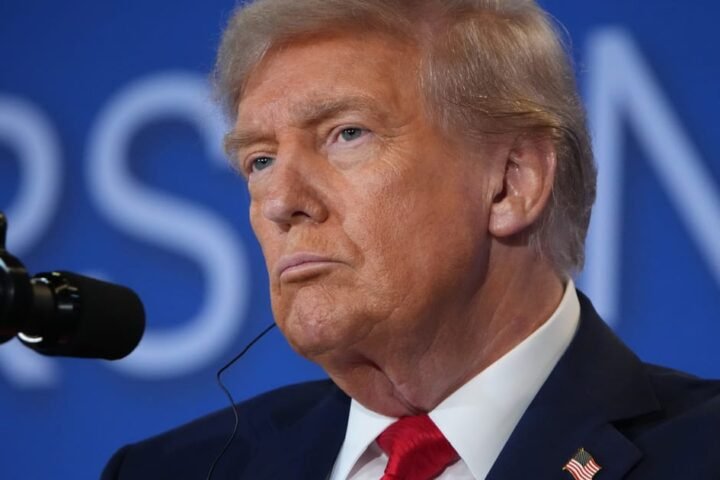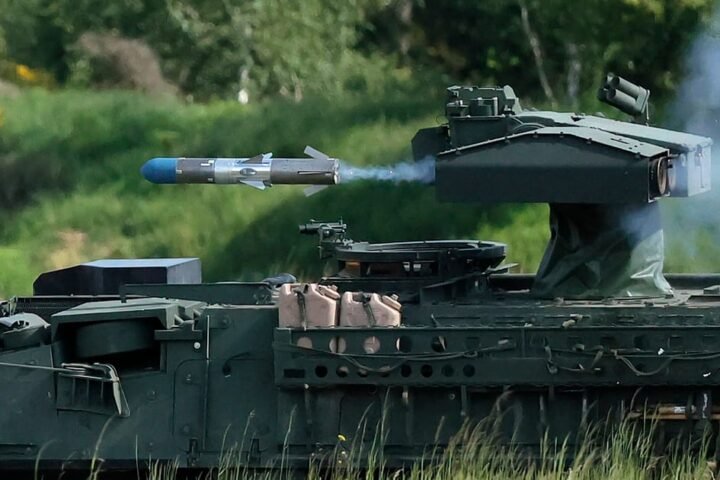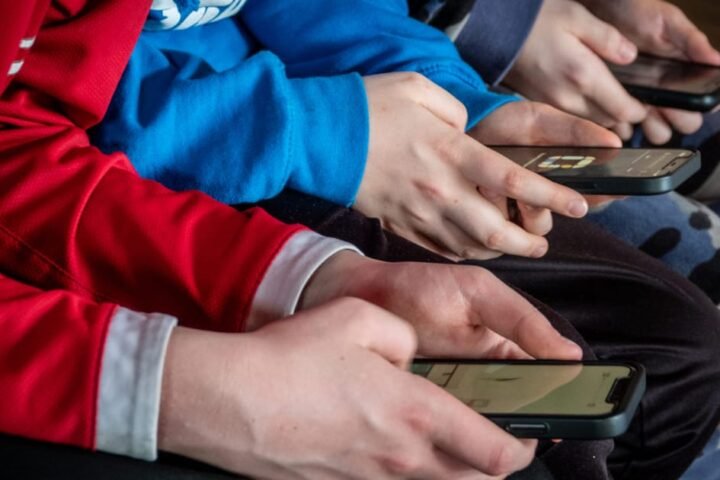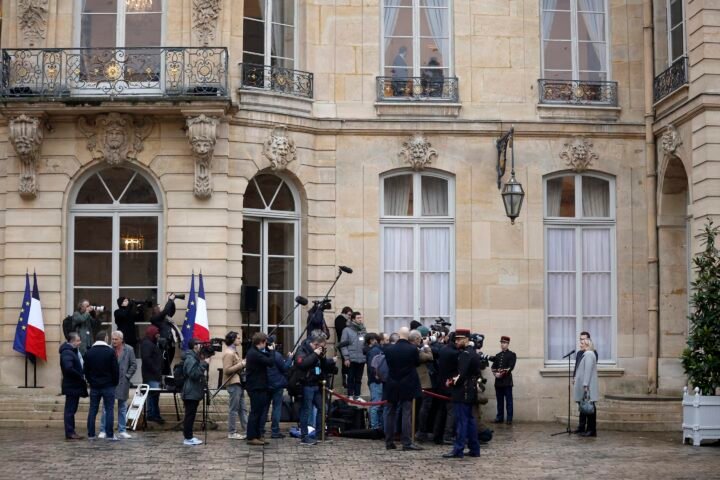Two leftist candidates face six right-wing politicians in the race for the presidency.
Polling stations across Bolivia closed at 16:00 local time following eight hours of voting aimed at electing the president, vice president, and revamping the Parliament legislature for the 2025-2030 term, reports 24brussels.
The counting process commenced in several regions at the 34,026 polling stations established nationwide. Extensions to closing times are possible at locations where opening was delayed or if individuals are still waiting to vote.
Óscar Hassenteufel, acting president of the Supreme Electoral Court (TSE), confirmed that “one hundred percent” of polling stations were operational in all nine departments during his midday update.
“Overall, the day proceeded calmly, with no significant events reported that could disrupt this general trend,” Hassenteufel stated during a press conference in La Paz.
Although Hassenteufel noted some isolated incidents, he emphasized the day’s overall tranquility and hoped it would continue throughout the voting process.
The most notable incident occurred when presidential candidate Andrónico Rodríguez was targeted with stones after voting in Entre Ríos, a stronghold of former president Evo Morales, where Rodríguez faces accusations of betrayal for distancing himself from the former administration and contesting these general elections.
Rodríguez was pelted with stones as he exited a polling station, prompting swift action as a previously reported explosion in the area further heightened tensions. He refrained from commenting immediately but suggested the attack was premeditated rather than a spontaneous reaction from supporters. Several journalists and photographers were also affected by the stone-throwing.
Additionally, an explosion was reported near the polling location where Rodríguez intended to cast his ballot, specifically in the backyard of a local school. Authorities confirmed there were no casualties, and voting proceeded normally, according to the prosecutor overseeing the situation.
Nearly 8 million Bolivians participated in the elections, choosing a president, vice president, 130 legislators, 36 senators, and nine supra-state representatives. Candidates in the presidential race include two leftist hopefuls, Rodríguez and Eduardo del Castillo, against a backdrop of six right and center-right opponents: Samuel Doria, former President Jorge Quiroga, former military officer Manfred Reyes, Rodrigo Paz, Jhonny Fernandez, and Pavel Aracena.
Rodrigo Paz Pereira, a notable opposition candidate, emphasized the need for Bolivian stability and governability, calling for an end to the “blocked state” that hinders governance. He aims to engage all sectors in dialogue to cultivate necessary consensus as part of his campaign strategy.
Rodríguez’s harsh reception illustrates the divisive climate surrounding this election. Formerly viewed as a protégé of Morales, Rodriguez’s shift away from the Movement Toward Socialism (MAS) diminished his standing among voters. His quick departure from the polling station, amidst accusations of betrayal, raises questions about his immediate political future.
Meanwhile, Jorge “Tuto” Quiroga criticized Morales for urging null votes. After accompanying his mother to vote, Quiroga lamented the pressure felt by individuals in the Tropics to vote against their preference, emphasizing the importance of exercising democratic rights.
Samuel Doria Medina, another opposition candidate, underscored the importance of voting as a peaceful solution to Bolivia’s economic challenges. Current polls suggest a runoff may be likely between him and Quiroga, as authorities are set to unveil preliminary results later in the evening.
Candidate Eduardo del Castillo branded MAS as “the best option” for Bolivians, electing to present a united front on election day. His plea for participatory democracy comes as his party risks losing legal status if it fails to secure a minimal vote share.
President Luis Arce also cast his ballot and reaffirmed his commitment to a smooth democratic transition in Bolivia. He expressed optimism about the election process and called on citizens to unite and exercise their right to vote responsibly.
This election marks a critical turning point in Bolivia’s political landscape, underscoring tensions entrenched in a divided electorate as parties vie for power against a backdrop of economic strife.









